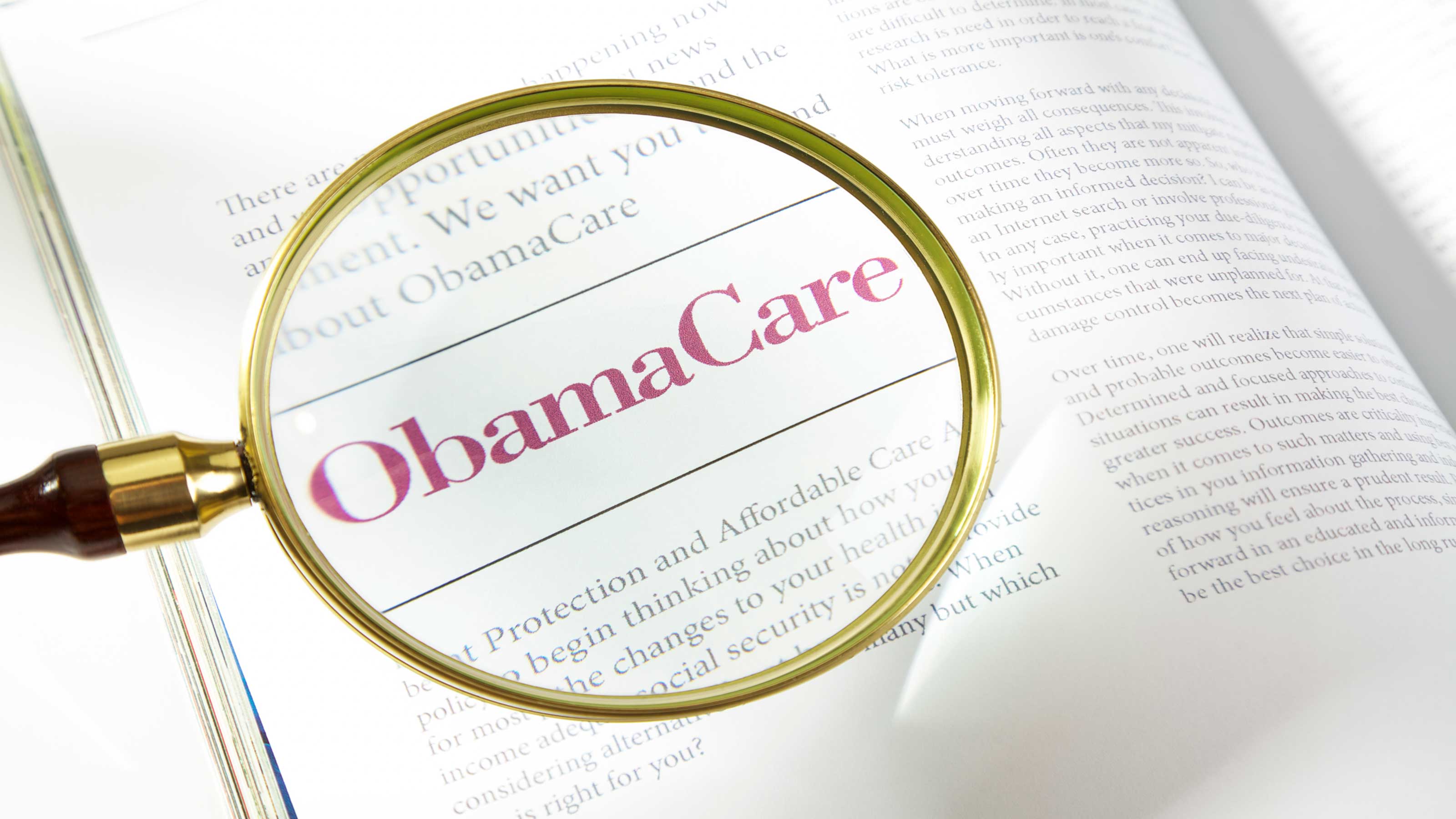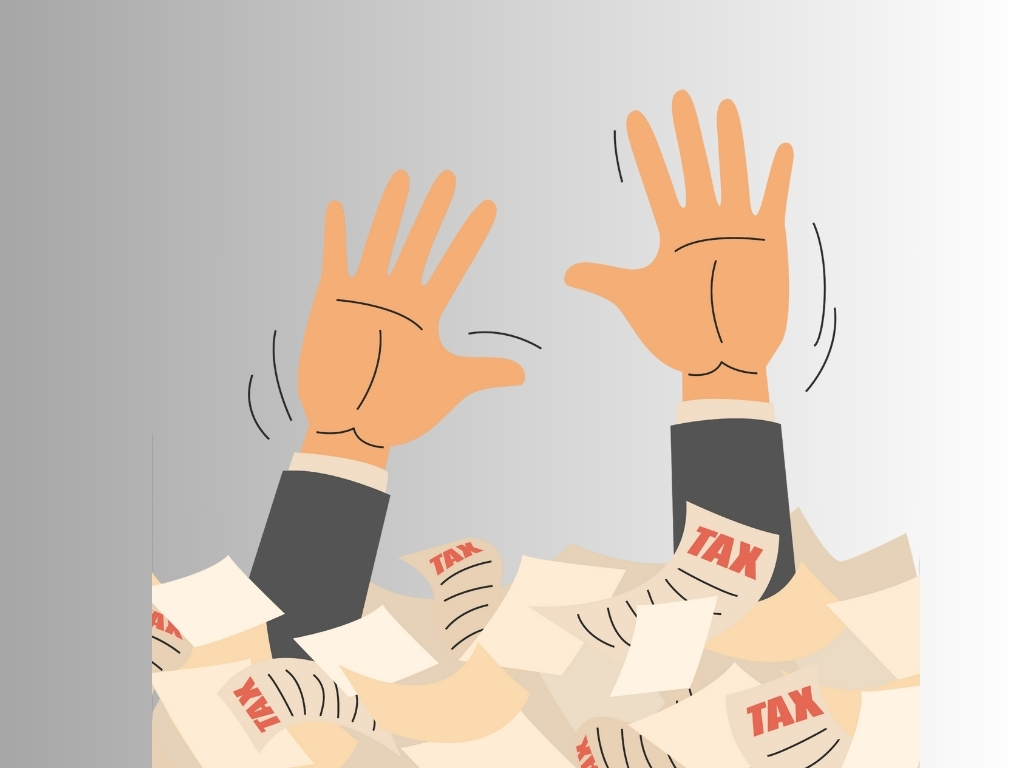Donate Your RMD Tax-Free to Charity in 2016
A donation counts as your required minimum distribution, but doesn’t increase your adjusted gross income.


Profit and prosper with the best of Kiplinger's advice on investing, taxes, retirement, personal finance and much more. Delivered daily. Enter your email in the box and click Sign Me Up.
You are now subscribed
Your newsletter sign-up was successful
Want to add more newsletters?

Delivered daily
Kiplinger Today
Profit and prosper with the best of Kiplinger's advice on investing, taxes, retirement, personal finance and much more delivered daily. Smart money moves start here.

Sent five days a week
Kiplinger A Step Ahead
Get practical help to make better financial decisions in your everyday life, from spending to savings on top deals.

Delivered daily
Kiplinger Closing Bell
Get today's biggest financial and investing headlines delivered to your inbox every day the U.S. stock market is open.

Sent twice a week
Kiplinger Adviser Intel
Financial pros across the country share best practices and fresh tactics to preserve and grow your wealth.

Delivered weekly
Kiplinger Tax Tips
Trim your federal and state tax bills with practical tax-planning and tax-cutting strategies.

Sent twice a week
Kiplinger Retirement Tips
Your twice-a-week guide to planning and enjoying a financially secure and richly rewarding retirement

Sent bimonthly.
Kiplinger Adviser Angle
Insights for advisers, wealth managers and other financial professionals.

Sent twice a week
Kiplinger Investing Weekly
Your twice-a-week roundup of promising stocks, funds, companies and industries you should consider, ones you should avoid, and why.

Sent weekly for six weeks
Kiplinger Invest for Retirement
Your step-by-step six-part series on how to invest for retirement, from devising a successful strategy to exactly which investments to choose.
I’m 72, and I’d like to donate money from my IRA to charity to support my favorite cause and also so I don’t have to pay as much in taxes on my required minimum distribution. Can I make the donation now, and what steps do I need to take?
In the past, Congress generally waited until December every year to extend the law that allows people to make a tax-free donation of up to $100,000 from their IRA, leaving some to scramble to make the contribution before the RMD deadline. But Congress made the law permanent last year, so if you’re 70½ or older, you can transfer your 2016 RMD to charity at any time. The donation counts as your required minimum distribution but doesn’t increase your adjusted gross income, which can be particularly helpful if you don’t itemize and can’t deduct charitable contributions. Also, keeping some or all of your RMD out of your adjusted gross income could help you avoid the Medicare high-income surcharge or help make less of your Social Security benefits taxable. (You can't double-dip tax breaks and deduct the charitable contribution if you make the tax-free transfer to charity.)
The money needs to be transferred directly from the IRA to the charity in order to be tax-free. If you withdraw it from the IRA first and then give it to the charity, you can deduct the gift as a charitable contribution (if you itemize), but the withdrawal will be included in your adjusted gross income.
From just $107.88 $24.99 for Kiplinger Personal Finance
Become a smarter, better informed investor. Subscribe from just $107.88 $24.99, plus get up to 4 Special Issues

Sign up for Kiplinger’s Free Newsletters
Profit and prosper with the best of expert advice on investing, taxes, retirement, personal finance and more - straight to your e-mail.
Profit and prosper with the best of expert advice - straight to your e-mail.
Because the law is now permanent, IRA administrators are starting to simplify the process. Fidelity, for example, plans to introduce a new form in the next few weeks that makes it easy to transfer the money and make your wishes clear to the charity. You may also have the option of signing up for check-writing privileges from your IRA so that you can write the check directly from your account to the charity. That way, the charity will see who the contribution is from, and you can include specific directions as to which fund within the charity you’d like to support. Otherwise, the IRA administrator will cut a check and send it directly to the charity, but the charity won’t necessarily be given clear information about whose account it is from or what the money is meant to support, says Jane Wilton, general counsel for the New York Community Trust.
If your IRA administrator doesn’t offer check writing and instead transfers the money directly to the charity, Wilton recommends calling the charity in advance and giving them a heads up that it will be getting a check from your IRA. In addition to knowing who the donation is from, the charity can get your contact information to send you an acknowledgement for your tax records, and you can give the charity special instructions about which fund or program you’re supporting. (Keep in mind that you can make the tax-free transfer from the IRA to a charity but not to a donor-advised fund.)
Profit and prosper with the best of Kiplinger's advice on investing, taxes, retirement, personal finance and much more. Delivered daily. Enter your email in the box and click Sign Me Up.

As the "Ask Kim" columnist for Kiplinger's Personal Finance, Lankford receives hundreds of personal finance questions from readers every month. She is the author of Rescue Your Financial Life (McGraw-Hill, 2003), The Insurance Maze: How You Can Save Money on Insurance -- and Still Get the Coverage You Need (Kaplan, 2006), Kiplinger's Ask Kim for Money Smart Solutions (Kaplan, 2007) and The Kiplinger/BBB Personal Finance Guide for Military Families. She is frequently featured as a financial expert on television and radio, including NBC's Today Show, CNN, CNBC and National Public Radio.
-
 Quiz: Do You Know How to Avoid the "Medigap Trap?"
Quiz: Do You Know How to Avoid the "Medigap Trap?"Quiz Test your basic knowledge of the "Medigap Trap" in our quick quiz.
-
 5 Top Tax-Efficient Mutual Funds for Smarter Investing
5 Top Tax-Efficient Mutual Funds for Smarter InvestingMutual funds are many things, but "tax-friendly" usually isn't one of them. These are the exceptions.
-
 AI Sparks Existential Crisis for Software Stocks
AI Sparks Existential Crisis for Software StocksThe Kiplinger Letter Fears that SaaS subscription software could be rendered obsolete by artificial intelligence make investors jittery.
-
 Are New Trump $2,000 Stimulus Payments Coming in 2026? What to Know Now
Are New Trump $2,000 Stimulus Payments Coming in 2026? What to Know NowTax Policy A promise of $2,000 tariff dividend checks is raising questions and fueling confusion.
-
 New Bill Would End Taxes on Social Security Benefits in 2026: What Retirees Should Know
New Bill Would End Taxes on Social Security Benefits in 2026: What Retirees Should KnowTax Law Congress could look to high earners to help offset lost revenue and possibly shore up the Social Security program.
-
 Tax Rule Change Could See Millions Lose Health Insurance
Tax Rule Change Could See Millions Lose Health InsuranceThe Kiplinger Tax Letter If current rules for the health premium tax credit (PTC), a popular Obamacare subsidy, aren't extended, 3.7 million people could lose their health insurance.
-
 The IRS is in Chaos
The IRS is in ChaosThe Tax Letter DOGE, departures, data agreements and more are creating havoc at the IRS.
-
 Ask the Editor: Reader Questions, April 18 — Amended Returns
Ask the Editor: Reader Questions, April 18 — Amended ReturnsIn our Ask the Editor: Taxes, April 18, round-up — Joy Taylor, The Kiplinger Tax Letter Editor, answers questions on amended returns, mortgages and deductions.
-
 Ask the Editor: Reader Questions, April 11 — IRAs, RMDs and PTPs.
Ask the Editor: Reader Questions, April 11 — IRAs, RMDs and PTPs.Ask the Editor: Taxes, April 11, 2025 — Joy Taylor, The Kiplinger Tax Letter Editor, answers questions on Roth IRAs, RMDs and other retirement accounts.
-
 Ask the Editor: Reader Questions, April 4 — The Tax Bill
Ask the Editor: Reader Questions, April 4 — The Tax BillAsk the Editor: Taxes, April 4 — Joy Taylor, The Kiplinger Tax Letter Editor, answers questions on Trump's tax package, estate tax and Muni bonds.
-
 Ask the Editor: Reader Questions, March 28 — Tax Returns
Ask the Editor: Reader Questions, March 28 — Tax ReturnsAsk the Editor: Taxes, March 28, 2025 — Joy Taylor, The Kiplinger Tax Letter Editor, answers questions on filing tax returns and paying taxes.